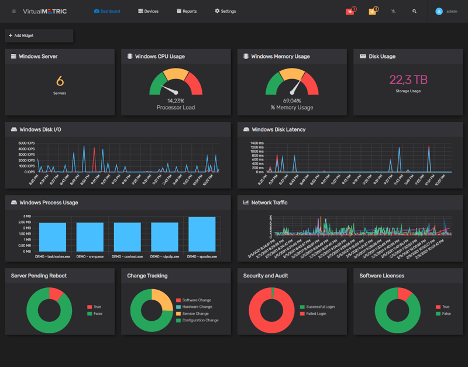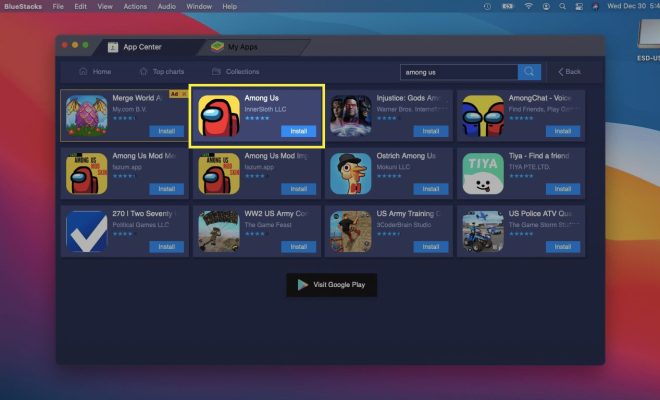What is Monitoring Software?

Monitoring software is a type of computer program designed to track the activities of the computer users. It is an essential tool for organizations that need to keep a close eye on employee productivity or ensure the security of their data. The software can also be used by parents to monitor their children’s online activities.
There are various types of monitoring software available on the market, including network monitoring software, computer monitoring software, and internet monitoring software. Network monitoring software is used to monitor network traffic, while computer monitoring software tracks the computer activities of employees or family members.
Internet monitoring software is used to monitor online activities such as website browsing, email sent and received, and chats. This type of software is widely used by parents who want to control their children’s access to inappropriate content on the internet.
One of the primary benefits of monitoring software is to improve productivity. By keeping tabs on employee activities, organizations can detect any potential time-wasters and take corrective measures. The software can also be used to identify inefficiencies in organizational processes and find ways of improving them.
Another advantage of monitoring software is that it can help to prevent data breaches by detecting any suspicious activities on the network. It can also enable organizations to take preventive measures to protect against malware, phishing scams, and other cyber threats.
However, it is essential to note that there are ethical and legal issues associated with the use of monitoring software. For instance, in some jurisdictions, it is illegal to monitor employee activities without their explicit consent. Therefore, organizations must ensure that they comply with local laws and regulations when using monitoring software.
In summary, monitoring software is a valuable tool for organizations that need to keep track of employee activities or ensure the security of their data. It can help to improve productivity, prevent data breaches, and safeguard against cyber threats. However, organizations must ensure that they use the software ethically and in compliance with local laws and regulations.






